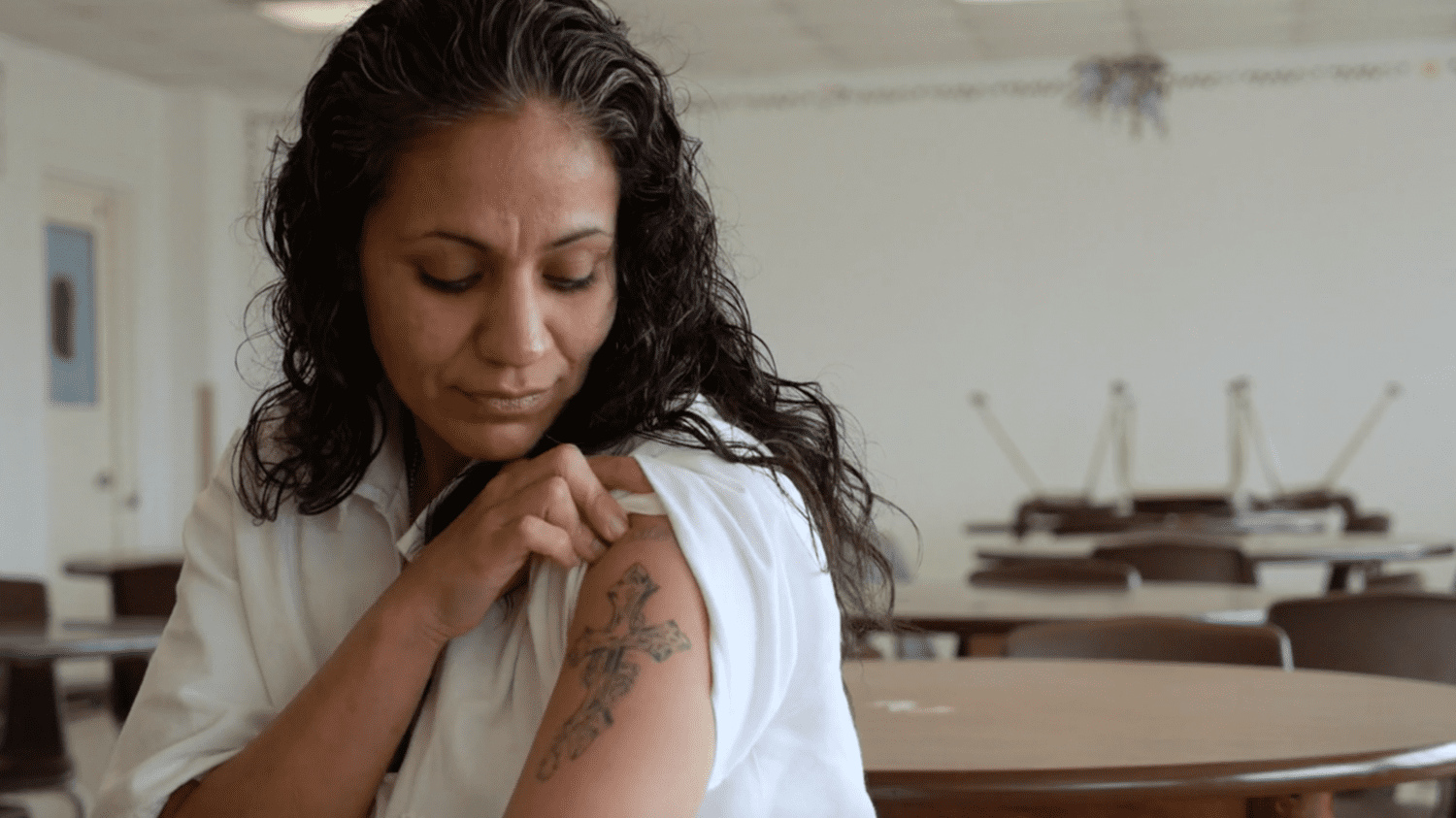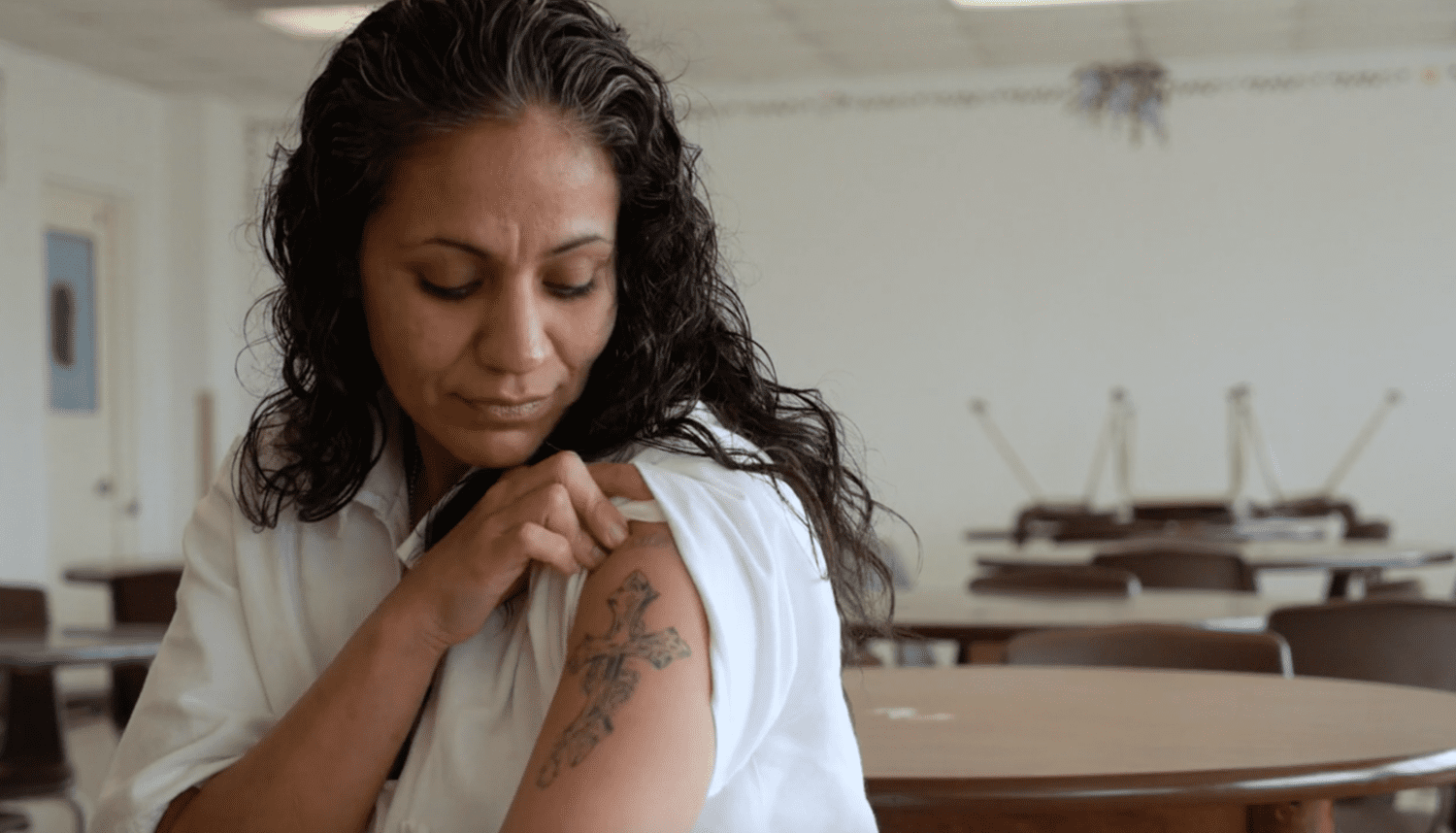Despite intentions of equality and fair judgment, our country’s criminal law system is still not evenly balanced. Headlines of the infamous Brock Turner case (and specifically, the biased judge who essentially let him off the hook) only reaffirm this sentiment. Unfortunately, while it seems like many seem to skate through imperfection with minimal damage, in this case, it’s determining the outcome of people’s lives, and the errors from both judge and jury have massive ramifications.
Such is the story of Southwest of Salem, director Deborah Esquenazi’s documentary following the story of the “San Antonio Four.” It’s not surprising if you haven’t heard about this case before, while it garnered some local attention, it certainly isn’t as present in the zeitgeist as other trials. However, after watching the film, it’s impossible to forget this story. The San Antonio Four are four Latina lesbian women who were wrongly convicted of sexual assault and related deviant behavior on two minors, despite being 100% innocent.
The story begins in the 1990s, and it’s amazing to think of how far the world’s understanding of the LGBT community has come since then. For these women, being a lesbian is a radical stance in their community, and this sadly leads to the horrific accusation that ignites the story. Using home videos and interviews, we get to know these women extensively and how much they go through from the turn of the century until present day. When we first meet them, they are all loving, family women who have been strong mothers or maternal figures, and have built a tight-knit love and friendship with each other. It’s all the more painful to see these young women, who we see are good people from the home videos, have their entire lives flipped due to a prejudice-charged accusation. Doing prison time for a crime they didn’t commit sounds like something only found in fiction, but here we see each of them experience the trauma of prison purely due to accusation. At the emotional center of the film is Anna, one of the four women who serves as a protagonist and becomes the primary voice for justice. Her confident articulation of the events allow us to understand exactly what happened and to get some sense of the amount of pain she and the other three women have had to endure.
While the film is almost entirely focused just on this case, it briefly opens up to acknowledge a few other cases where the bias of those in authority allowed for innocent people to be locked up. It’s unfortunately not as much of a rarity as you’d hope. The primary biases displayed are sexual orientation and race. Fortunately, there are a handful of good people out there who are fighting to amend these situations, and in this film we get to see a few of those who took a stand for the San Antonio Four.
The trajectory of the film indicates that by the time you’re finished watching, all will be resolved and after years of hardship, justice will be served. Unfortunately, this is not the case, and the film is a rare example of a story in progress. Media attention can win cases, and the film has a powerful agenda to get the word out there and build solidarity for these women. It’s evocative to see a documentary being used for such a cause, rather than many which end with a neatly wrapped up story. Both have their place depending on the subject. For this one, I invite you to witness the story of the San Antonio Four, and help develop a larger public awareness that will allow the story to reach the moral conclusion that these individuals deserve.
‘Southwest of Salem’ is not rated. 91 minutes. Opening at the Laemmle Music Hall this Friday, September 30th.
H. Nelson Tracey
Nelson is a film director and editor from Denver based in Los Angeles. In addition to writing for Cinemacy, he has worked on multiple high profile documentaries and curates the YouTube channel "Hint of Film." You can check out more of his work at his website, hnelsontracey.com


